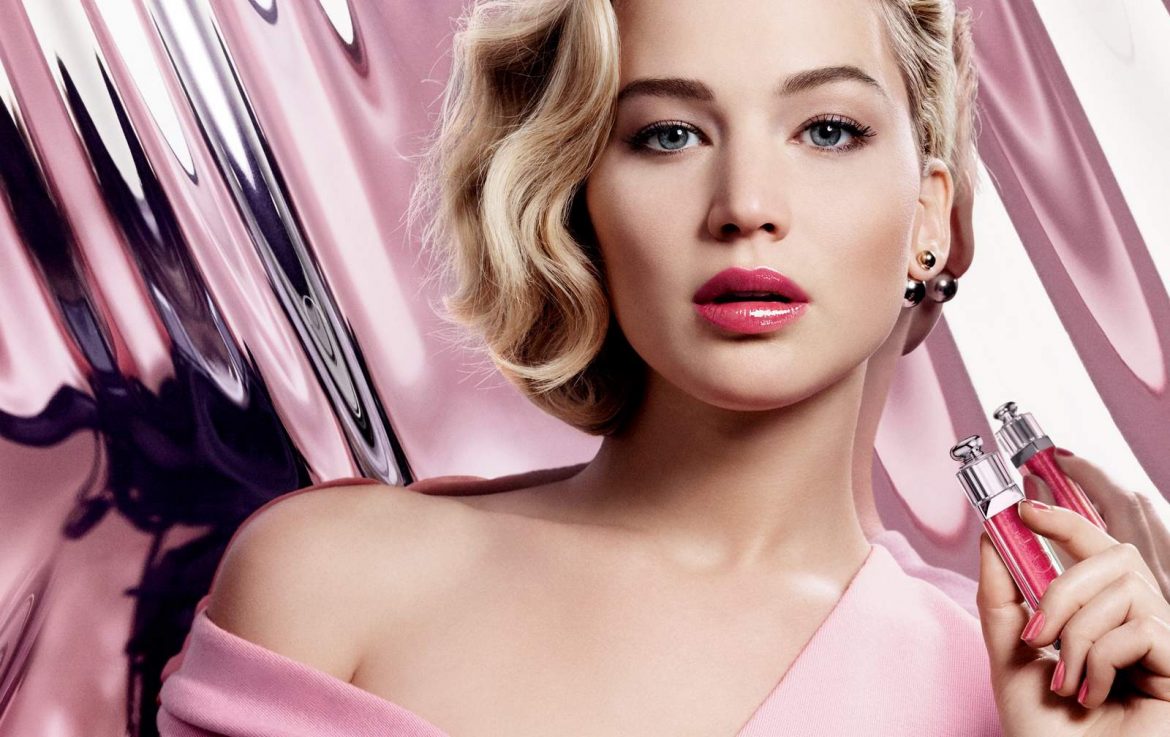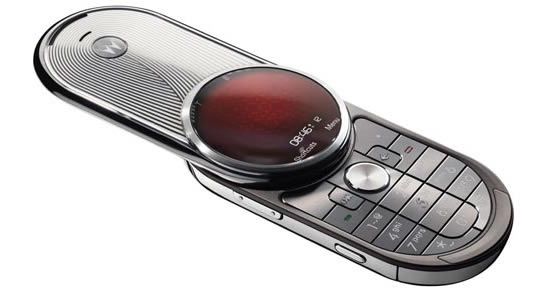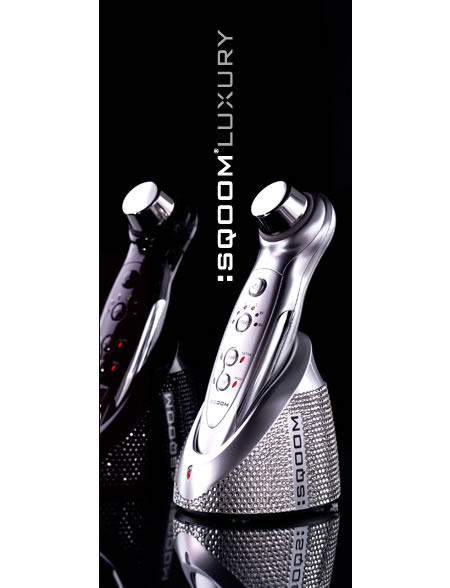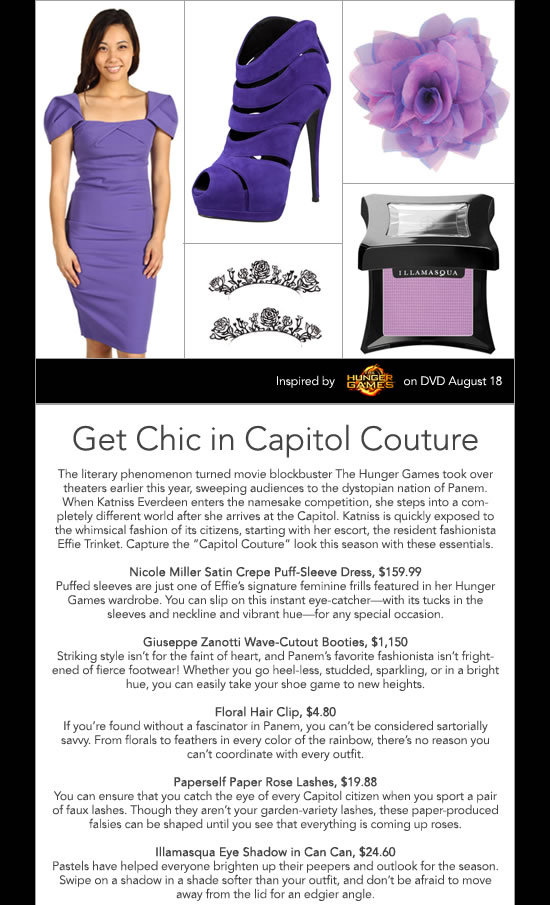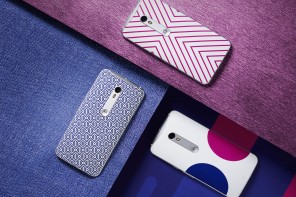Climate change and environmental concerns are what should be the planet’s top priority. Bringing about this change is imperative and starting at a personal level has never been more critical. Luckily for us, caring for the planet can be done by caring for ourselves, albeit in the right way. An unassuming step is to understand that everything we do has repercussions on our environment, so our approach needs to be responsible. Like charity begins at home, even care for the world starts at home. Cosmetics are a part of our daily routine granting their use undoubtedly affects not just us but also the world around us. Many brands are focussing on upcycling, recycling, and downcycling cosmetics so they have an equally beautiful impact on the environment as they do on their users.

The informed consumer is now ‘conscious’ and opts for natural or organic products, choosing recycled packaging or the prospect of repurposing. Renowned cosmetic giants are offering the opportunity to do something for the environment simply by returning your primary packaging for a free lipstick of choice as a gesture of thanks. Others focus on bio-based packaging that includes a refillable container made of glass. Many celebrated beauty and cosmetic industry brands have also turned to create products with sustainably sourced botanicals and bio-engineered actives. Sophim is one such manufacturer of natural cosmetic ingredients and a pioneer in the beauty and hygiene products sector promoting upcycling.

There are many ways to deal with the problem at hand. The first is to completely dismiss the throwaway mindset that promotes single-use packaging and constantly contributes to increasing the carbon footprint of the beauty industry. Emma Lewisham, who owns a beauty brand boasting a 100% circular business model, believes, “Recycling is the last resort. It’s a lot more efficient to reuse the material.” She also makes matters incredibly transparent by stating the amount of carbon emitted for each product. “We label our products with a carbon score to show customers there’s an environmental impact and show we still have work to do.”

In addition to choosing responsibly, the problem can be dealt with by either opting for organic products or choosing them based on their upcycling potential. An empty but intact bottle can be given a new avatar as a new, higher-value object. This is easiest with glass containers and perfume bottles. Reusing makeup and product containers as storage containers, travel containers, or finding new purposes for these products once finished is the go-to solution for bringing about changes, one product at a time.
All Sponsored Posts are subject to strict editorial guidelines and are published the intent that they offer readers useful news, promotions, or stories. The viewpoints and opinions expressed in Sponsored Posts are those of the advertiser and not necessarily those of Luxurylaunches or its writers.
